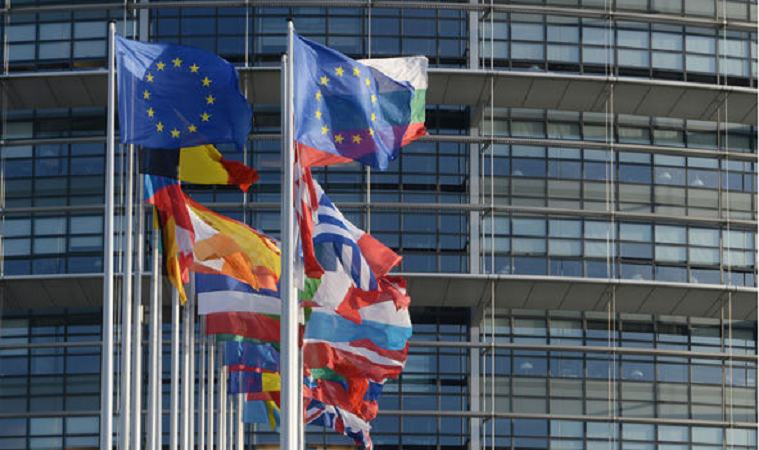
Germany’s justice minister, Christine Lambrecht, has defended her decision to reject a proposed EU law that would require companies to ensure that their supply chains are free of human rights violations and environmental harm. Lambrecht said that the law would impose excessive burdens on businesses and undermine national sovereignty.
The EU supply chain law is a proposed legislation that aims to make companies more responsible for the social and environmental impacts of their business activities. The law would require companies to conduct due diligence along their supply chains, which means to identify, prevent, mitigate and account for the potential or actual harms that their operations may cause to human rights, the environment and good governance. The law would also enable victims of corporate abuses to seek justice and compensation in European courts.
The EU Commission presented the draft law in April 2021, aiming to create a legal framework for corporate due diligence and accountability across the bloc. The law would oblige companies to identify, prevent, mitigate and account for the adverse impacts of their operations on human rights, the environment and good governance. Companies that fail to comply could face fines, lawsuits and reputational damage.
Register for Tekedia Mini-MBA edition 19 (Feb 9 – May 2, 2026): big discounts for early bird.
Tekedia AI in Business Masterclass opens registrations.
Join Tekedia Capital Syndicate and co-invest in great global startups.
Register for Tekedia AI Lab: From Technical Design to Deployment (next edition begins Jan 24 2026).
However, Lambrecht argued that the law would go too far and interfere with the autonomy of member states. She said that Germany already has its own national law on supply chain due diligence, which was passed in June 2021 and will come into force in 2023. She claimed that the German law is more balanced and proportionate than the EU proposal, as it only applies to large companies with more than 3,000 employees and does not include extraterritorial liability.
Lambrecht also expressed concern that the EU law would create legal uncertainty and complexity for businesses, especially small and medium-sized enterprises (SMEs). She said that the law would impose a “one-size-fits-all” approach that does not take into account the different circumstances and risks of different sectors and regions.
She added that the law would create a competitive disadvantage for European companies in the global market, as they would have to comply with stricter standards than their competitors.
Lambrecht’s position has been criticized by human rights groups, trade unions, civil society organizations and some members of the European Parliament. They argue that the EU law is necessary to ensure a level playing field for businesses and to protect the rights and interests of workers, consumers and communities affected by corporate activities.
They also point out that the German law has several loopholes and weaknesses, such as excluding SMEs, allowing self-regulation by industry associations, and lacking effective enforcement mechanisms.
The EU law is currently under negotiation between the Commission, the Council and the Parliament. The Council, which represents the governments of the member states, has not yet adopted a common position on the proposal.
The Parliament, which represents the citizens of the EU, has expressed its support for a strong and ambitious law. The final outcome of the negotiations will depend on the political will and compromise of all parties involved.
The EU supply chain law is seen as a landmark initiative that could set a precedent for other regions and countries to follow. The law is expected to have positive effects on the protection and promotion of human rights, the environment and good governance around the world. The law is also expected to benefit businesses by creating a level playing field, enhancing trust and reputation, reducing legal risks and fostering innovation.
However, the EU supply chain law is not yet final. The law is still under negotiation between the Commission, the Council and the Parliament, which are the three main institutions of the EU. The Council represents the governments of the member states, and some of them have expressed reservations or opposition to the law.



